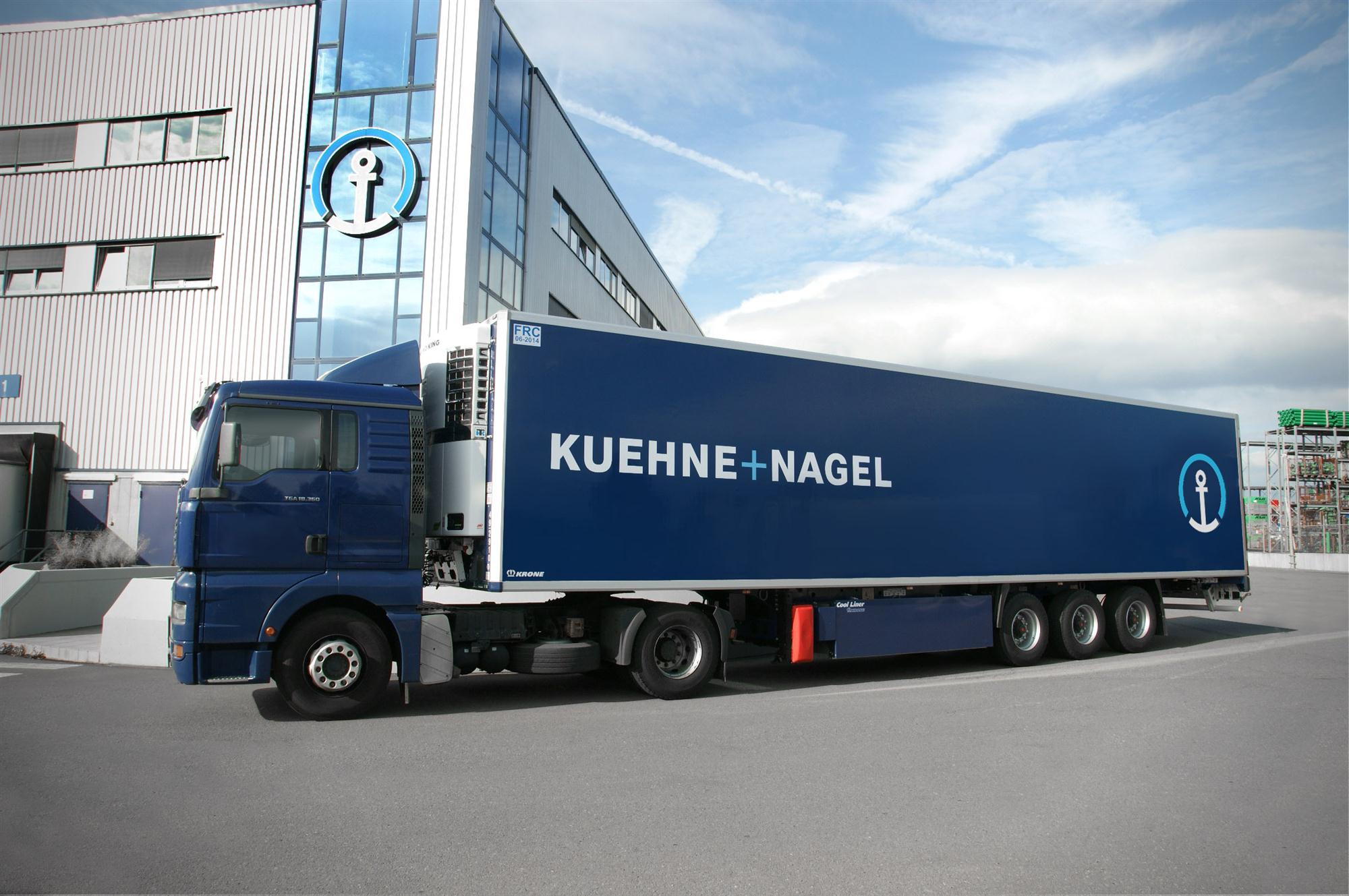Logistics giants Kuehne + Nagel and Panalpina continued their push into perishables logistics with fresh acquisitions. The former strengthened its presence in Ecuador with the takeover of a perishables forwarder, while Panalpina bought into cargo agents focused on perishables in Argentina and South Africa.
Kuehne + Nagel took over the perishables business of Panatlantic Logistics, a perishables specialist based at Quito’s airport. The move is intended to strengthen its position in the Ecuadorian export market to the US, Europe and the Asia-Pacific region.
“The acquisition of the perishables business of Panatlantic Logistics marks another important step in our global strategy,” said Yngve Ruud, member of the managing board of Kuehne + Nagel International, responsible for air freight. “With Panatlantics Logistics on board we further strengthen and expand our fresh chain network – the largest in the logistics industry for perishables – connecting key production countries to major markets.”
The combined volume of Panatlantic and Kuehne + Nagel’s existing perishables business in Ecuador amounts to 32,000 tonnes a year. The multinational logistics firm now controls over 120,000 tonnes of perishables exports a year from South and Central America.
Kuehne + Nagel’s expansion came weeks after Panalpina had moved to step up its presence in Latin America. In mid-June it announced an agreement to take over Newport Cargo, a leading perishables logistics player in Argentina. Newport handles about 24,000 tonnes of perishables exports a year. Most of this traffic consists of fish and berries headed for the US market.

With the takeover, Panalpina is doubling its presence in Argentina, but the move also has significance beyond the country’s borders.
“By acquiring Newport Cargo we are not only gaining control over Argentinian perishables exports, but from neighbouring countries too,” declared Panalpina CEO Stefan Karlen. “Fish, fruit and seeds, for example, are trucked from various regions across the border to Argentina and flown out of Buenos Aires. So, with this acquisition we are expanding our perishables footprint in an entire region and again strengthening our global end-to-end capabilities.”
Panalpina took over two perishables specialists in Kenya and the Netherlands in 2017, but it is not done with its expansion in this sector. In mid-July it was on the acquisition trail again, this time in South Africa, where it is taking a majority stake in Skyservices. The Johannesburg-based company, which has a branch in Cape Town, specializes in perishables exports.
“Given the strategic role the South Africa plays for the global trade of perishables today and tomorrow, it is only logical that we establish our own presence there and further strengthen the ever-growing Panalpina Perishables Network,” said Karlen.
With the string of acquisitions, the logistics giant not only builds up a global network for perishables transportation, it is also setting the stage for standardization of processes in this segment, which has traditionally been defined by local arrangements. Observers have noted that there is significant scope for productivity improvements that should result in less spoilage and extended shelf life for produce and flowers.
By some estimates, as much as 1.3 billion tonnes of food is being wasted along the supply chain every year.
Colin Wells, Panalpina’s global head, specialty verticals perishables, said that the company is working towards consistent standards on a global level. Customers dealing with it should have the same experience regardless of location.
There has also been a push for broadly accepted standards for perishables. IATA, the international airline interest group that has championed the CEIV schemes for air cargo operators involved in handling pharmaceuticals and animals, is looking into the possibility of a similar programme for perishables. Perishables forwarders have welcomed the idea in principle but cautioned that the high degree of fragmentation of perishables supply chains poses significant obstacles.
By Ian Putzger
Correspondent | Toronto




